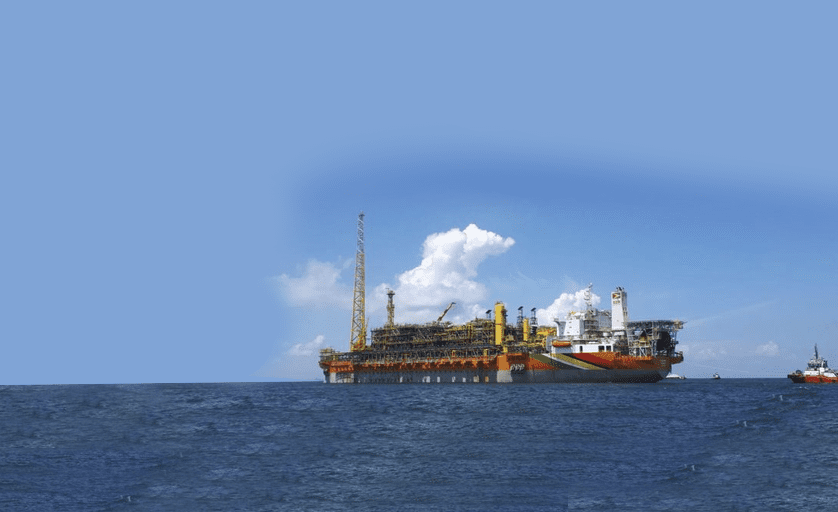While the third-stage Flash Gas Compressor (FGC) on the Liza Destiny FPSO continues to operate steadily, ExxonMobil Guyana said on Friday that upgrades on the new replacement equipment are still advancing, with the installation date now set for mid-year.
The redesigned FGC was initially supposed to be in-country by December 2021 with installation scheduled for this month. However, according to the company’s Media and Communications Manager, Janelle Persaud, the FGC is currently undergoing comprehensive testing in Germany, where it will require further enhancements before installation.
“We have adjusted the timeline for its delivery and installation in order to provide the highest assurance of reliable performance,” the official stated.
In the meantime, Persaud said ExxonMobil Guyana and the vessel’s owner, SBM Offshore, are also progressing several alternate longer-term solutions which include new technology to bypass the second and third stage FGCs, as well as an entirely new centrifugal compressor package to replace the screw design of the current compressors.
To date, the Environmental Protection Agency (EPA) in Guyana has received GY$930 million (US$4,500,000) in non-recoverable payments for flaring related to oil production activities ongoing at the ExxonMobil-operated Stabroek Block.
This follows amendments to the Liza Phase One Environmental Permit which was announced on May 13, 2021. OilNOW previously reported that the revised permit features modified terms and conditions relating to the emission reporting requirements, technical considerations for flaring, and timelines for flaring events. Additionally, the revised permit contains an obligation on ExxonMobil Guyana to pay for the emission of Carbon Dioxide (CO2 equivalent) as a result of flaring in excess of these timelines.
The Agency had previously explained that the US$45 payment was guided by the Polluter Pays Principle (PPP), which is prescribed by the Environmental Protection Act of 1996.
The EPA had highlighted that this principle has served as a universal basis of environmental management even prior to 1996 and added that it has continuously developed in its interpretation and applicability as a result of national and international jurisprudence, customary law, as well as international environmental laws and conventions.



